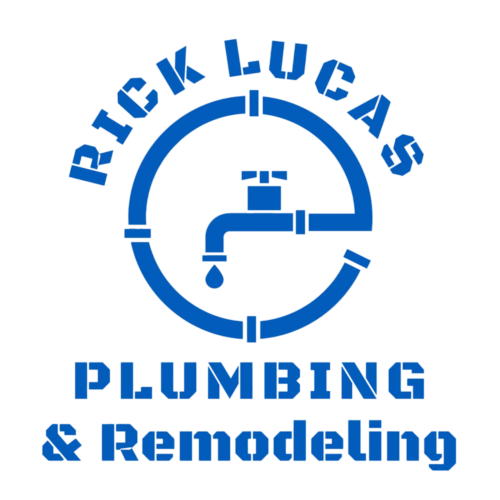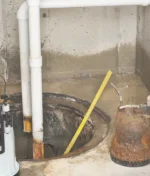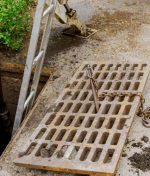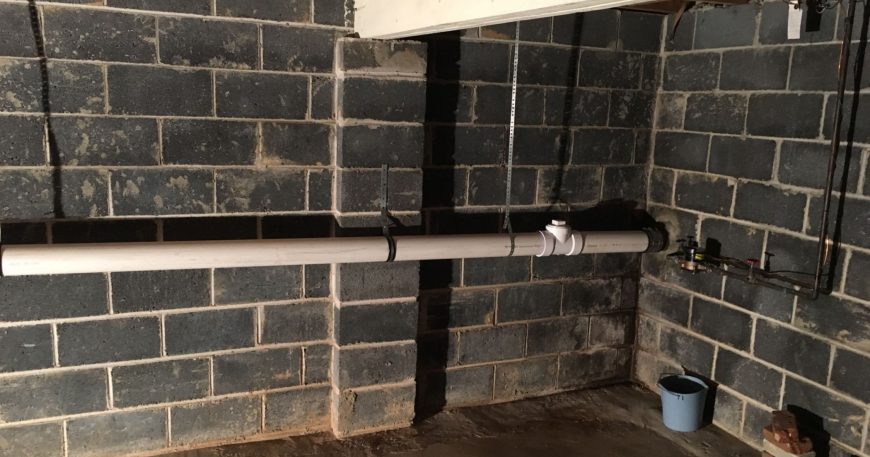
Regular sewer line inspections are a crucial aspect of maintaining a healthy and functional plumbing system. Over time, sewer lines can accumulate debris, develop blockages, and suffer from wear and tear. Ignoring these issues can lead to expensive repairs, property damage, and health hazards. This article will delve into the role of sewer line inspections, common sewer line problems, the benefits of regular inspections, and what to expect during an inspection.
The Role of Sewer Line Inspections
Sewer line inspections play a vital role in identifying potential problems before they escalate. By examining the condition of the pipes, a professional can detect any blockages, leaks, or damage that might compromise the proper functioning of the system. With the help of advanced technology, such as camera inspection, sewer line inspections have become more accurate, efficient, and cost-effective.
By conducting inspections, homeowners and property owners can maintain the integrity of their sewer system, preventing any inconvenience or financial burden that may arise from unexpected plumbing issues. Plumbing experts recommend regular inspections every 2-3 years, but areas with severe climate conditions or older infrastructure may require more frequent checks.
During a sewer line inspection, the camera is inserted into the pipes to provide a real-time view of the interior condition. This technology allows professionals to pinpoint the exact location of any issues, such as tree root intrusion, pipe corrosion, or clogs. By identifying these problems early on, homeowners can avoid costly repairs and potential health hazards caused by sewage backups.
Furthermore, sewer line inspections are not only beneficial for residential properties but also for commercial buildings and industrial facilities. Regular inspections can help businesses comply with environmental regulations and ensure the smooth operation of their sewage systems, preventing any disruptions to daily activities.
Common Sewer Line Problems
When it comes to sewer line problems, prevention is key. By identifying common issues during inspections, property owners can take immediate action to rectify the situation. Some common sewer line problems include:
- Blockages: Accumulation of grease, debris, or tree roots can obstruct the flow of wastewater, leading to backups and potential flooding. Inspections can uncover these blockages and professionals can remove them to prevent further damage.
- Leaks: Cracked or broken sewer pipes can cause leaks, leading to water seepage into the surrounding soil and potential structural damage. Inspections help identify leaks before they cause extensive damage to the property.
- Bellied Pipes: Over time, sewer pipes can sink or develop “bellies,” where a section of the pipe sags due to soil erosion or other factors. This can result in wastewater pooling, blockages, and compromised flow. Inspections can detect these issues and prompt necessary repairs.
- Corrosion: Aging sewer pipes made of materials such as cast iron or galvanized steel can corrode over time, leading to weakened pipes and eventual failure. Regular inspections can identify signs of corrosion, allowing property owners to replace or rehabilitate pipes before complete failure occurs.
Another common sewer line problem that property owners may encounter is invasive tree roots. Trees seeking moisture and nutrients can infiltrate sewer pipes through small cracks or joints, causing blockages and pipe damage. As tree roots grow inside the pipes, they can exert pressure, leading to cracks and leaks. Regular maintenance and root cutting can help prevent this issue, ensuring the smooth flow of wastewater.
Additionally, shifting soil or ground movement can impact sewer lines, causing misalignment or even breaks in the pipes. This can occur due to factors such as earthquakes, soil erosion, or nearby construction activities. Inspections can reveal any shifts in the sewer line alignment, allowing property owners to address the issue promptly and prevent further damage to the system.
The Benefits of Regular Inspections
The benefits of regular sewer line inspections are numerous and far-reaching. By investing in preventative maintenance, property owners can enjoy:
- Early Problem Detection: Inspections enable the early detection of potential sewer line issues, allowing homeowners to address them before they become major and costly problems.
- Cost Savings: Detecting small leaks, blockages, or damage early on can save property owners from expensive repairs or even complete replacements in the future.
- Safe Living Environment: Regular inspections ensure that the sewer system is in good working condition, preventing property damage and health hazards such as mold growth or foul odors.
- Peace of Mind: By conducting routine sewer line inspections, property owners can have confidence in the reliability and functionality of their plumbing system, reducing stress and potential emergencies.
Moreover, regular inspections can also help in maintaining the overall value of the property. A well-maintained sewer system adds to the property’s resale value and can attract potential buyers who are looking for a home with a reliable plumbing infrastructure. It showcases the homeowner’s commitment to upkeep and can be a selling point during real estate transactions.
Another often overlooked benefit of regular sewer line inspections is their positive impact on the environment. By ensuring that the sewer system is operating efficiently and without leaks, property owners contribute to the preservation of clean water sources and reduce the risk of contamination. This environmental stewardship not only benefits the immediate surroundings but also plays a part in the larger ecosystem, promoting sustainability and responsible resource management.
What to Expect During an Inspection
During a sewer line inspection, a professional will use advanced equipment, such as a sewer camera, to visually assess the condition of the pipes. This technology allows for a detailed examination of the interior of the sewer lines, identifying any blockages, cracks, or other issues. The process typically involves:
- Preparation: The sewer line is accessed through an appropriate entry point, which may involve removing a cleanout cap or accessing the sewer line from a drain.
- Camera Inspection: A high-resolution camera attached to a flexible cable is inserted into the sewer line, allowing for a live feed of the interior of the pipes.
- Inspection and Analysis: The professional conducting the inspection will analyze the live footage, identifying any issues that require attention. They may also take photos or video recordings for further analysis or documentation.
- Report and Recommendations: After the inspection, a detailed report outlining the findings and any recommended actions will be provided to the homeowner or property owner. This allows for informed decision-making regarding repairs or maintenance.
Furthermore, during the camera inspection, the professional may also use specialized tools to measure the diameter of the pipes, assess the extent of any damage, and locate the exact position of any issues detected. This detailed information is crucial in developing a targeted repair plan that addresses the specific problems within the sewer line.
Additionally, modern sewer cameras are equipped with powerful LED lights that illuminate the interior of the pipes, providing clear visibility even in dark and cramped spaces. This ensures that no detail is overlooked during the inspection process, allowing for a comprehensive evaluation of the sewer system’s condition.
Secure Your Plumbing with Rick Lucas Plumbing!
Regular sewer line inspections are a cornerstone of our commitment to your property’s plumbing excellence. By choosing Rick Lucas Plumbing for routine inspections, you safeguard against costly repairs, protect your property, and ensure a healthy environment. Don’t compromise on quality – contact us today to schedule your sewer line inspection and experience the difference with Rick Lucas Plumbing.
